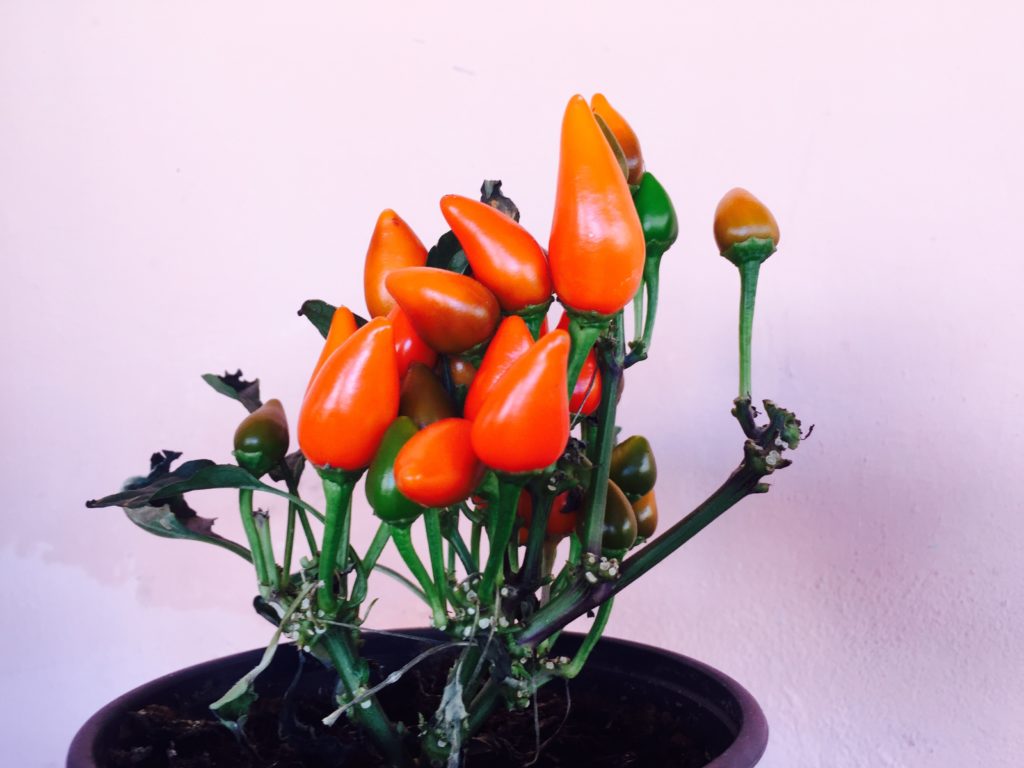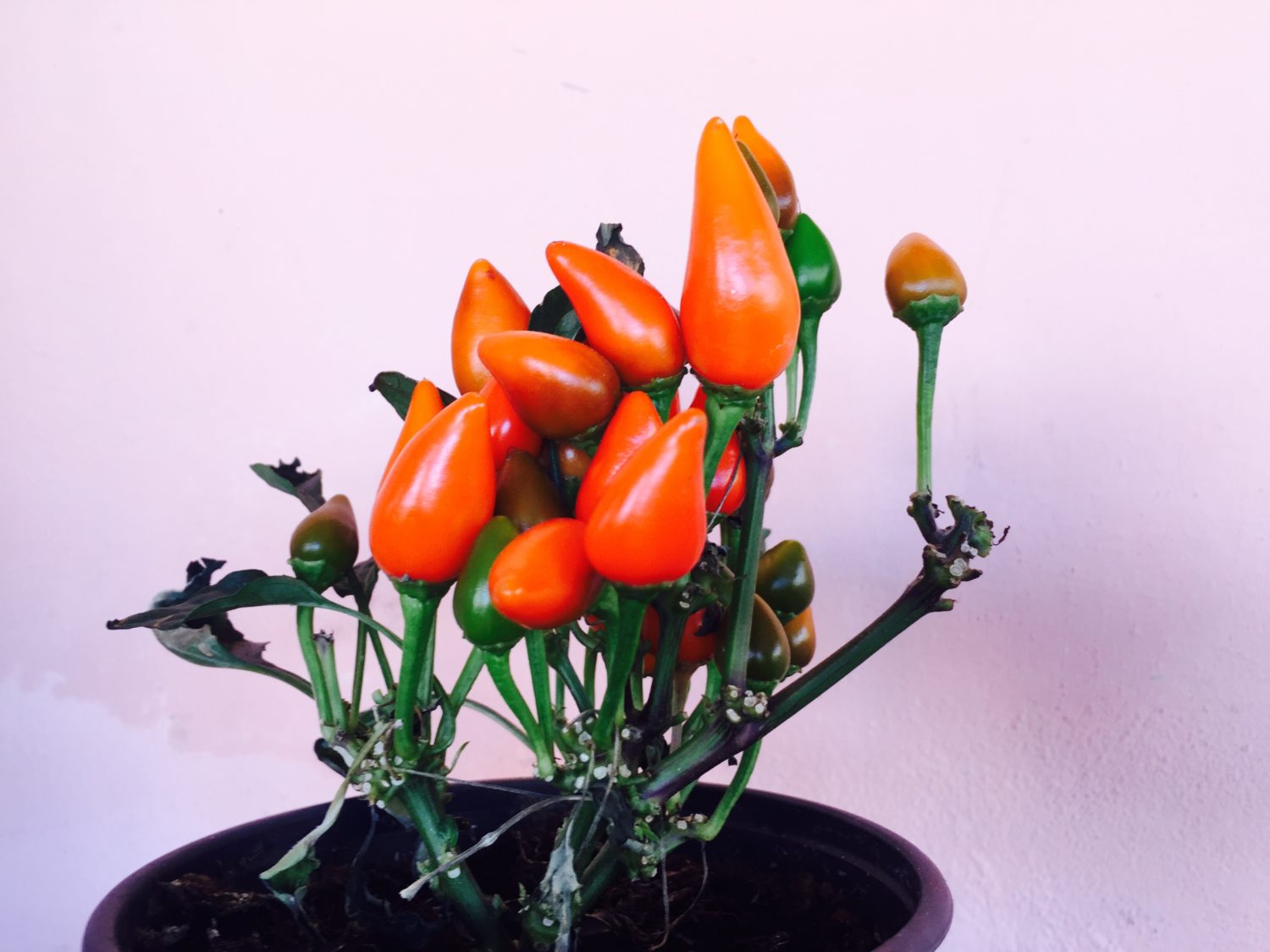
It’s getting cold outside, and it is time to think about keeping things warm on the inside.
Could spicy food be the right way to heat things up?
In Traditional Chinese Medicine, every organ responds to a specific flavor. The spicy flavor is said to correspond to Lung energy, and can expel wind and cold from the body due to its warming effects.
In a season where our respiratory system is threatened with weather changes, the lungs need a little extra care. TCM considers the lungs to be the ‘first defense of the body’ – this idea is similar to how the skin is the ‘first line of defense’ from pathogens in Western medicine – the first barrier to protecting the body from the outside world. On a side note – and by no coincidence – the skin is technically the body’s outer lung, and its pores are responsible for letting in or blocking out qi or pathogens. The lungs are also related to the skin – healthy lung function is crucial for healthy skin.
In TCM, the Lung takes on the first role to combat external pathogens from invading the body. When lung energy is not sufficient, impaired lung function can produce the common winter symptoms: colds, sinus problems, coughs, headaches, chills, body aches etc.
This is where spicy food can help. The essence of spicy food acts directly on the lung to aid it in expelling ‘wind’ and cold pathogenic factors. Spices are said to have a warming action that promotes energy to move upwards and outwards to the body’s surface, which moves qi, circulates the blood, and dispels mucus from the lungs. Especially if you are living in a very wet and cold climate spicy food can help to make you warmer and sweat, thus removing ‘dampness’ from the body. In addition – those prone to weight gain in cold winters may benefit from spicy food as a way to increase the digestive fire and metabolism.
Spicy food not your thing?
TCM doesn’t just refer to flaming hot chili flakes when it speaks about ‘spice’ – simply adding foods such as scallions, ginger, garlic, or milder peppers can have the same warming and protecting effects.
Does this feel right to you?
Your body is so unique, and your health needs are so specific. Sometimes spicy food isn’t beneficial for everyone – if you find yourself prone to inflamed skin breakouts, excess stomach acid. In Ayurveda, a ‘hot’ body prone to these heat related symptoms is called a ‘Pitta’ constitution. Perhaps if you find spices aggravate your symptoms, you’ll be more in the need of cooling foods. Likewise, if you live in a warmer climate, too much spicy food can make the body too ‘hot’. Listen to your body.
Moderation is key. Traditional Chinese Medicine also recognizes that while spicy foods have a warming, protective and circulation boosting benefits – too much can actually injure one’s qi.
Maybe some chilli flakes on your avo-toast or some extra cayenne in your Longevity Tonic each morning, during the ‘yang’ time of the day, is all you will need to keep your body warm, balanced and stimulated this winter. Explore it. Every natural flavor plays a part in balancing the body’s physiology and it is important to include them all into your diet – we’ll leave the ratios up to you 🙂
Isabela Gucci-Ruffalo

